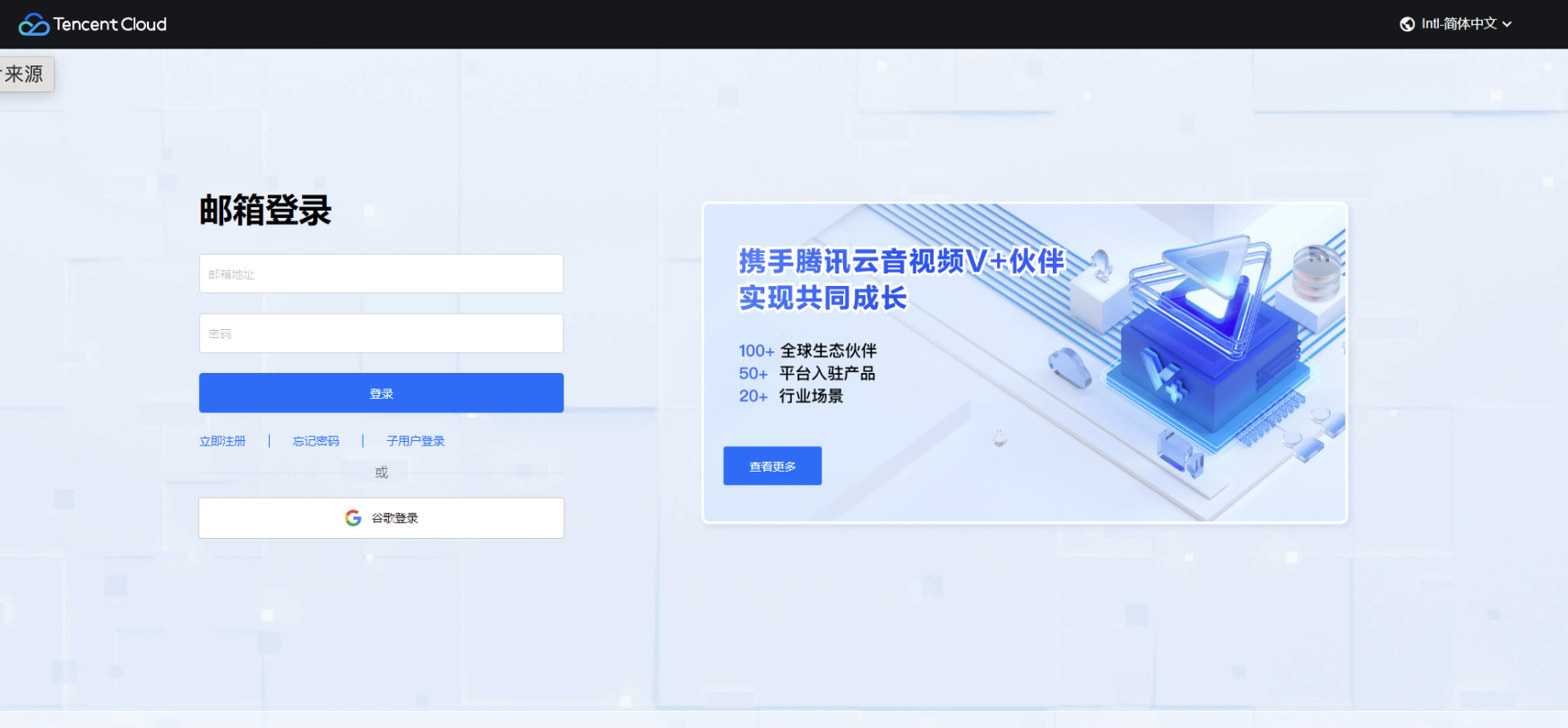Building a private cloud platform is an important means for enterprises to realize independent data control, improve resource utilization and ensure information security. Different from public cloud, private cloud is completely managed and maintained by enterprises, which can flexibly adjust resource allocation according to business needs. Xiaobian will introduce in detail how to build a private cloud platform and the hardware, software and technical support needed in the construction process.这样说来,香港高防服务器的作用不止一点,相反,还有很大的发挥空间。谷咕云计算是阿里云国际、腾讯云国际、华为云国际、亚马逊云(AWS)、谷歌云(GCP)、微软云(Azure)等国际云平台的官方服务商,同时租赁美国、香港、新加坡等地云/独立/站群/高防服务器,提供中国或者全球范围内的国际云平台账户开通、充值和租用服务。可USDT、支付宝支付、可退款。https://www.kaihu123.com/Server/hk-advanced-defense-server/
First, the basic concept of private cloud
Private cloud refers to the cloud computing environment built by enterprises or organizations on their own infrastructure, and the resources are only for internal use. Compared with public cloud, private cloud has higher security and controllability, and is especially suitable for industries that require higher data privacy and compliance, such as finance, medical care and government agencies.
Second, the steps to build a private cloud platform
Demand analysis
Before building a private cloud, it is first necessary to clarify the business requirements. Including:
Computing resource requirements: CPU, memory, storage, etc.
Network requirements: bandwidth, delay, security, etc.
Application requirements: which applications need to be run, and whether containerization or virtualization is needed.
Scalability requirements: whether the future business growth needs rapid expansion of resources.
Hardware preparation
The hardware infrastructure of private cloud is the foundation of building, which usually includes:
Server: used to run virtual machines and containers. It is recommended to choose a high-performance and scalable server.
Storage device: used to store data, and can choose NAS, SAN or distributed storage system.
Network equipment: including switches, routers, firewalls, etc., to ensure high availability and security of the network.
Backup equipment: used for data backup and disaster recovery.
Software selection
The software platform of private cloud is the core. Common private cloud software includes:
Virtualization platforms: such as VMware vSphere, Microsoft Hyper-V, KVM, etc., used to create and manage virtual machines.
Container platforms, such as Kubernetes and Docker Swarm, are used to manage containerized applications.
Cloud management platforms, such as OpenStack and CloudStack, provide functions such as resource scheduling, monitoring and automatic management.
Storage management software: such as Ceph and GlusterFS, used to manage distributed storage.
Network configuration
The network configuration of private cloud is very important to ensure efficient communication between components. Need to configure:
Virtual Local Area Network (VLAN): Isolate different business flows and improve security.
Load balancing: Ensure high availability and performance of applications.
Firewall and VPN: ensure the safe transmission and access control of data.
Deployment and testing
After the hardware and software are ready, start deploying the private cloud platform. Attention should be paid to during deployment:
Creation and configuration of virtual machines and containers.
Allocation and management of storage resources.
Optimization and testing of network configuration.
After the deployment is completed, conduct a comprehensive test to ensure the stability, performance and security of the platform.
Monitoring and maintenance
After the private cloud platform goes online, it needs continuous monitoring and maintenance to ensure its normal operation. Common monitoring tools include:
Prometheus: used to monitor system performance and resource usage.
Grafana: used to visualize monitoring data.
Nagios: used to monitor network and service status.
Cloud server 3.png
Third, the key technologies to build a private cloud platform
Virtualization technology
Virtualization is the core technology of private cloud. Through virtualization, physical resources can be abstracted into virtual resources to improve resource utilization. Common virtualization technologies include:
Full virtualization: such as VMware, the virtual machine completely simulates the hardware environment.
Semi-virtualization: For example, Xen, the virtual machine shares some resources with the host.
Container virtualization: such as Docker, containers share the operating system kernel, and the resource overhead is lower.
Software defined network (SDN)
SDN technology realizes flexible management and configuration of the network by separating the network control layer from the data layer. SDN can help enterprises to respond to business needs quickly and improve the scalability and security of the network.
Automated operation and maintenance
Private cloud is large in scale, and manual management is inefficient. Automated operation and maintenance tools, such as Ansible, Puppet and Chef, can help enterprises to realize the automatic deployment, configuration and management of resources and reduce human errors.
Data backup and recovery
Data is the core asset of an enterprise, and the private cloud platform needs to have a perfect data backup and recovery mechanism. Common backup schemes include:
Local backup: backup data to a local storage device.
Remote backup: backup data to a remote data center or cloud storage.
Incremental backup: backup only changed data, reducing backup time and storage space.
Fourth, the advantages and challenges of private cloud
superiority
High security: the data is completely controlled by the enterprise, avoiding the risk of data leakage in the public cloud.
Strong flexibility: resource allocation can be adjusted flexibly according to business requirements.
Cost control: In the long run, private cloud can reduce IT costs, especially for large enterprises.
challenge
High initial investment: Building a private cloud requires a lot of hardware and software investment.
High technical threshold: the construction and maintenance of private cloud requires a professional technical team.
Limited scalability: the scalability of private cloud is limited by hardware resources, and it cannot be infinitely expanded like public cloud.
Building a private cloud platform is a complex process, involving hardware, software, network and operation and maintenance. Before building a private cloud, an enterprise must make a full demand analysis, select appropriate hardware and software platforms, and ensure network configuration and security. Although the initial investment of private cloud is high, it is an ideal choice for enterprises with high requirements on data security and compliance. Through reasonable planning and continuous operation and maintenance, private cloud can provide efficient and secure IT infrastructure support for enterprises.